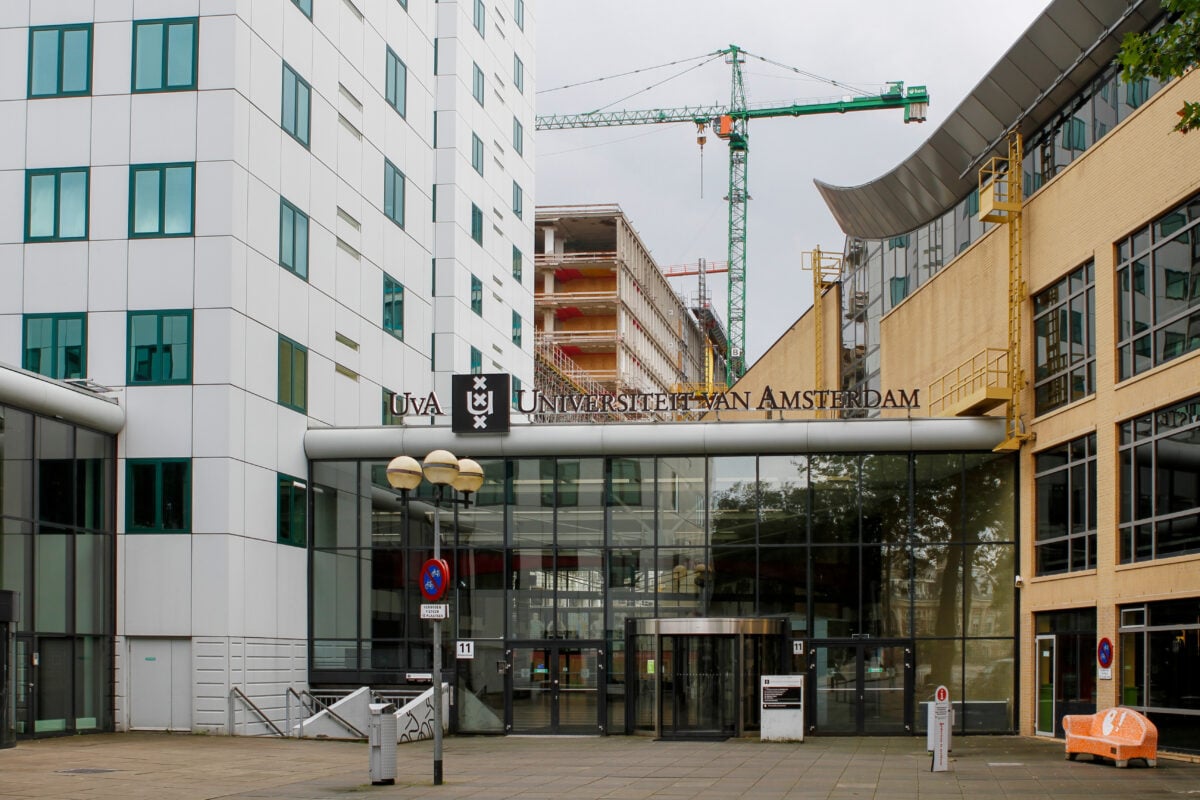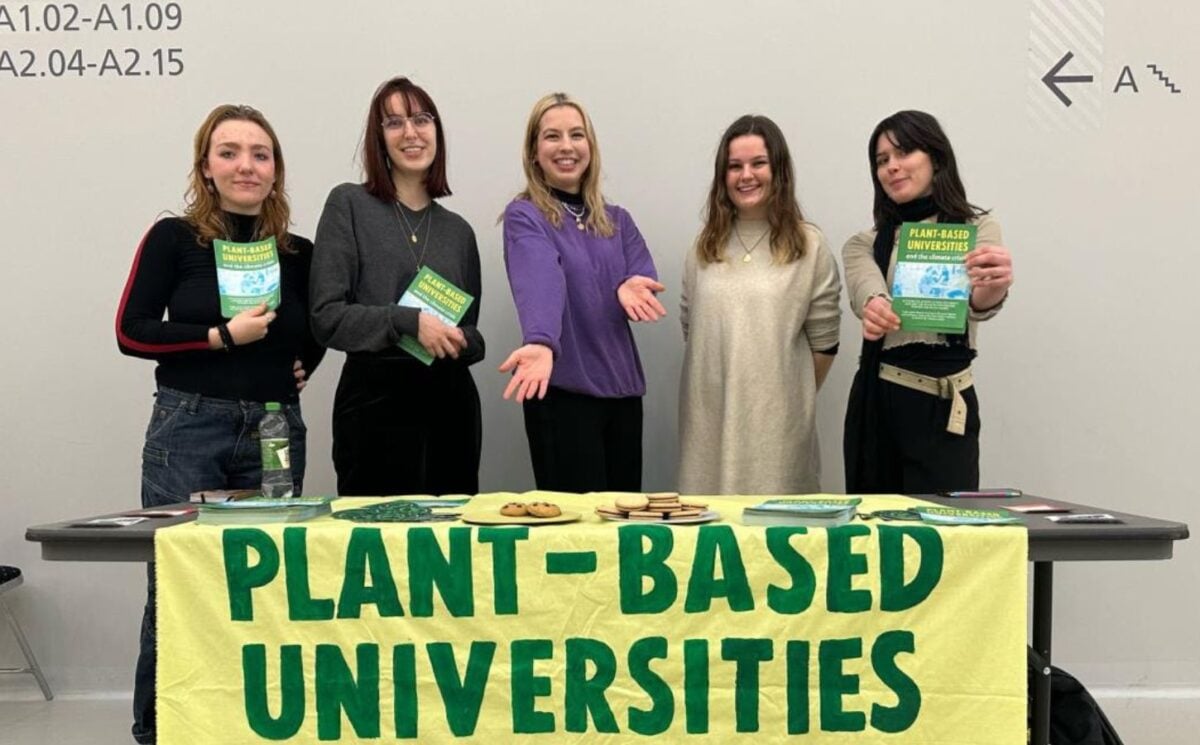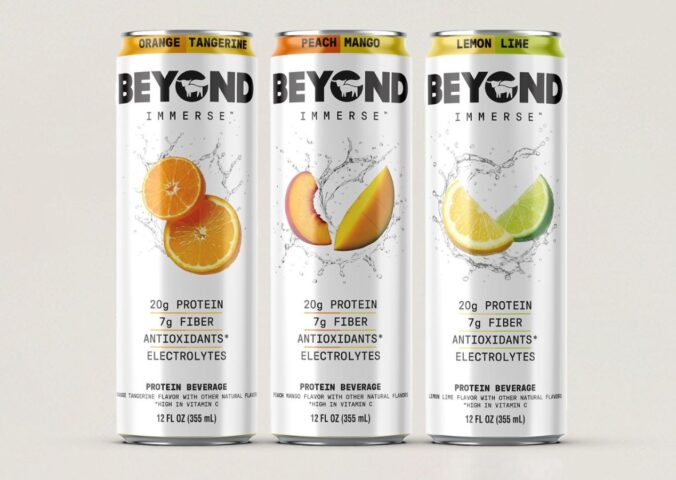Plant-Based Universities has launched at universities across the Netherlands today with the support of more than 200 Dutch academics.
Students at the Universities of Amsterdam, Utrecht, and Wageningen among others are now campaigning for their institutions to transition towards plant-based catering.
Dutch health experts have shown their endorsement of the campaign by adding their names to an open letter coordinated by Plant-Based Universities. The letter has already been signed by more than 1200 academics, healthcare professionals, politicians, and public figures.
“Eating habits must change substantially in order to address the urgent societal challenges of personal, public and planetary health,” signatory Professor Pieter van ’t Veer, Chair of Nutrition, Public Health and Sustainability at Wageningen University, said in a statement. “Universities should be frontrunners in the dietary transition and showcase the possibilities of providing nutritious and sustainable plant-based foods.”
Time for change
The campaign has launched at a time when meat consumption in the Netherlands is declining. According to government data, Dutch people are eating less red and processed meat and more fruit, vegetables, and legumes.
Research by ProVeg in 2021 found that the Dutch were also eating more plant-based meat alternatives than other Europeans. The Health Council of the Netherlands recently recommended a shift to plant-based diets as better for the environment and people’s health.
At the same time, the country’s agricultural sector is in deep turmoil. Dutch farmers began protesting in 2022 after the government announced plans to cut nitrogen emissions from animal manure. The protests have continued since, spreading across Europe. Last week, farmers blockaded the Dutch-Belgian border partly in protest against European climate policies.
Part of the Dutch government’s plan to tackle nitrogen pollution involved paying farmers to reduce the number of animals they farm. More than half of the Netherlands’ agricultural emissions come from animal farming, with dairy alone contributing 36 percent. But most of the meat produced there is consumed abroad; the Netherlands is Europe’s largest meat exporter.
Working with farmers

Plant-Based Universities, which is part of Animal Rising, aims to work with farmers for a just transition away from animal farming.
“The recent farming protests across Europe, including the Netherlands, make it absolutely vital that we all work to engage in conversations – together – to create a society that is just and equitable, from farmers producing food right through to consumers,” Nathan McGovern, Plant-Based Universities Co-Founder, told Plant Based News. “We hope that the fact farming is centre stage in political discussion right now will enable productive co-creation of a safer, sustainable food system.”
Another initiative from Animal Rising members, “Vegans Support Farmers,” aims to work specifically on bridging the gap between vegans and farmers.
A growing movement
The new campaign in the Netherlands comes in the wake of several successes for Plant-Based Universities. Motions to make university catering plant-based have already passed in eight UK University Students’ Unions and one in Austria.
There are Plant-Based University campaigns also running at institutions in Ireland, Germany, Switzerland, Norway, Sweden, and the US.






